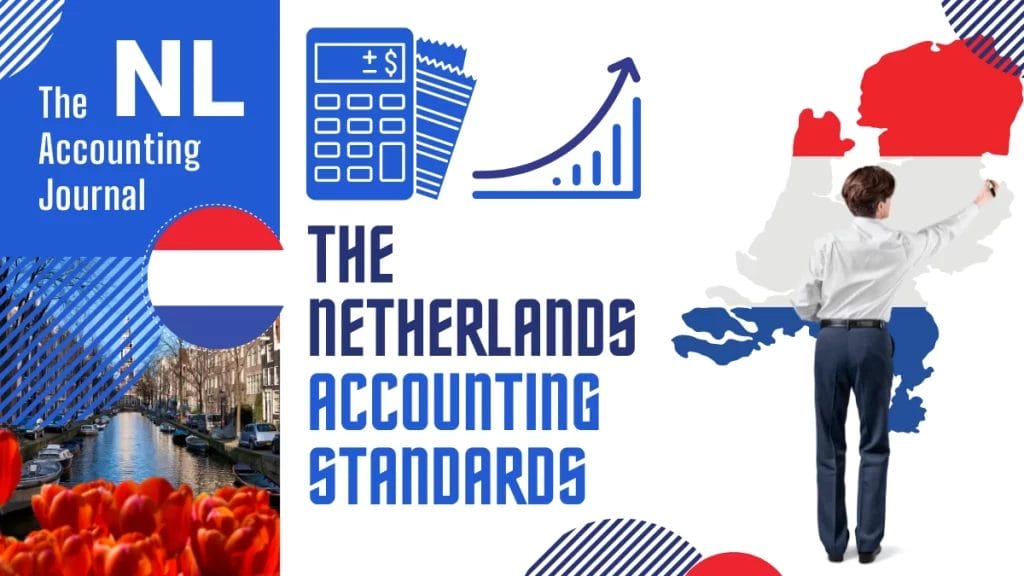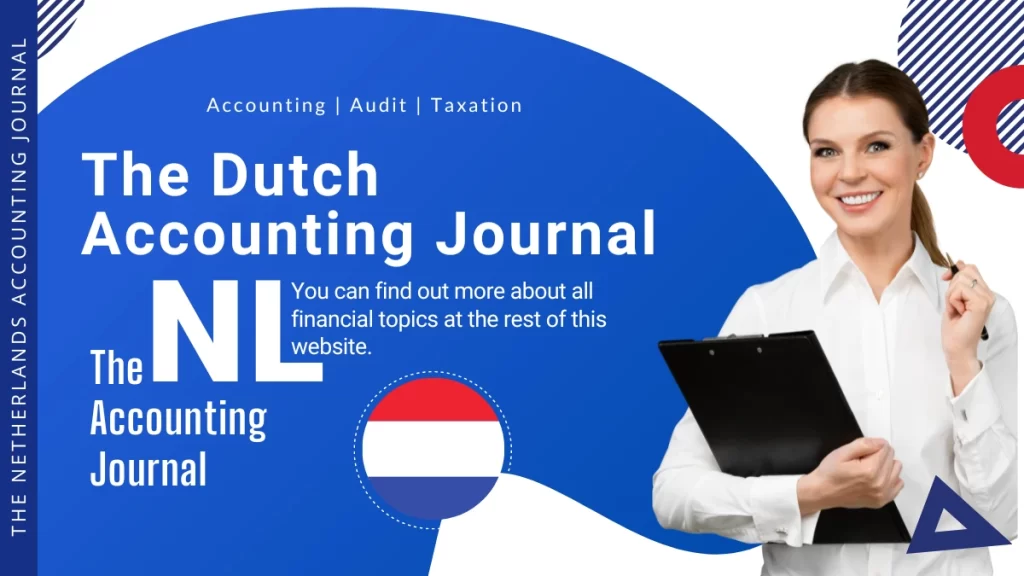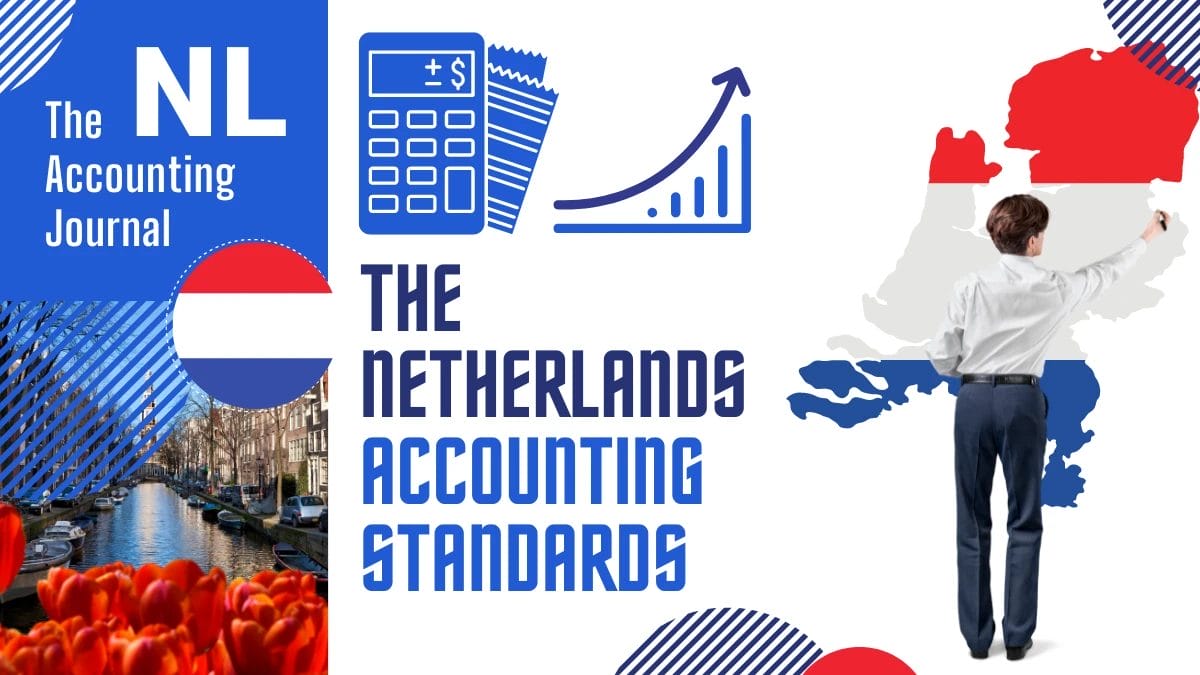The Netherlands Accounting Standards: An overview of the Accounting Standards and Financial Reporting in the Netherlands.
The Dutch Accounting Standards Board (DASB) is the national standards-setting body for financial reporting in the Netherlands. It has been active since 1945 when it published its first set of standards and is recognized as a global leader in financial reporting. DASB sets Dutch Generally Accepted Accounting Principles (GAAP), which govern how entities listed on the Amsterdam Stock Exchange must report their financial statements.
The DASB has two main objectives: to develop high-quality GAAP that meets the needs of users and to promote the use of information technology in the preparation of financial statements. In pursuit of these goals, the DASB has undertaken a number of activities, including the development of authoritative literature on specific aspects of financial statement presentation and disclosure.
On 1 January 2015, the Netherlands introduced a new accounting standard, called Titel 9. This new standard replaces the Dutch Generally Accepted Accounting Principles (GTGA), which were in place since 2001. The goal of this new standard is to harmonize Dutch accounting with International Financial Reporting Standards (IFRS), which have been gradually adopted by more and more European Union countries over the past few years.
The Netherlands Accounting Standards
What is Netherlands Generally Accepted Accounting Principles (GAAP)?
Netherlands Generally Accepted Accounting Principles (GAAP) is the national generally accepted accounting principle in the Netherlands. It is based on International Financial Reporting Standards (IFRS) and sets out the rules for financial reporting by companies and other organizations in the Netherlands.
Netherlands GAAP is issued by the Dutch Accounting Standards Board (DASB) and is mandatory for companies listed on a regulated stock exchange in the Netherlands. The standards are also recommended for use by other companies.
What are the main differences Between Netherlands GAAP and IFRS?
The main difference between Netherlands GAAP and IFRS is that Netherlands GAAP is based primarily on historical cost whereas IFRS is based on fair value. This means that under Netherlands GAAP, assets and liabilities are recorded at the amount paid for them, while under IFRS, assets, and liabilities are recorded at the current market value.
There are other differences between the two of The Netherlands Accounting Standards, but these are the most significant.
How do companies in the Netherlands typically transition from Netherlands GAAP to IFRS?
The process of transitioning from Netherlands GAAP to IFRS can be complex and challenging for companies. In general, companies in the Netherlands typically follow a six-step process when making the switch:
- Assess the company’s readiness
- Develop an implementation plan
- Convert financial statements
- Implement new accounting policies and procedures
- Train staff
- Monitor and evaluate results
Are there any benefits of using Netherlands GAAP over IFRS?
The main benefit of using Netherlands GAAP over IFRS is that the Netherlands GAAP is based on the principle of prudence, which requires businesses to be more conservative in their accounting practices. This can result in a more accurate representation of a company’s financial position.
Netherlands GAAP also allows for more depreciation expenses to be recognized in the early years of an asset’s life, which can give a more accurate depiction of a company’s cash flow.
In addition, Netherlands GAAP is less complex than IFRS and can be easier for businesses to apply.
The history of the Netherlands Accounting Standards
The Netherlands has a long history of accounting standards. The Netherlands Accounting Standards were first published in 1844. This standard consisted of a set of general rules that applied to all businesses in the Netherlands.

Since then, the Dutch government has been responsible for setting accounting standards in the Netherlands. In 1992, the government established the Accounting Standards Board (ASB) to develop and issue the Netherlands Accounting Standards. The ASB is a private-sector organization that represents a broad range of stakeholders, including businesses, accountants, and academics.
IASB and the Netherlands Accounting Standards Board
The International Accounting Standards Board (IASB) is an independent standard-setting body that develops International Financial Reporting Standards (IFRSs). The Dutch Accounting Standards Board (DASB) is the national standard-setting body for accounting in the Netherlands.
The DASB has a close relationship with the IASB. The DASB participates in the development of IFRSs as a full member of the IASB. The IASB also recognizes the DASB as an accounting standards authority. This means that the DASB is responsible for setting accounting standards in the Netherlands.
The history of the Netherlands Accounting Standards Board
The Dutch Accounting Standards Board (DASB) is a national organization that sets the Netherlands Accounting Standards. The DASB was founded in 1989 and is the successor to the Dutch Institute of Accountants (DIA), which was founded in 1945. The DASB is a private-sector organization and is funded by its members, which include accounting firms, companies, and other organizations involved in financial reporting.
The DASB develops financial reporting standards for businesses in the Netherlands. These standards cover a variety of areas, including accounting principles, financial statement presentation, and auditing in Netherlands.
The composition of the Netherlands Accounting Standards Board
The Dutch Accounting Standards Board (DASB) is an independent organization that sets accounting standards for companies in the Netherlands. It consists of a chairman, two deputy chairmen, and twelve other members. The chairman and deputy chairmen are appointed by the Minister of Finance, while the other members are appointed by the minister after consultation with the DASB.
The DASB is responsible for setting accounting standards in the Netherlands that are both transparent and relevant to the business community. It also seeks to promote international harmonization of accounting standards.
The current state of the Netherlands Accounting Standards
The Netherlands has a rich history of accounting. The first book on double-entry bookkeeping was published in the Netherlands in 1494, and the Dutch have been at the forefront of accounting innovation ever since.
Today, the Dutch accounting landscape is characterized by a high degree of standardization. The Dutch Accounting Standards Board (DASB) issues a large number of standards that are binding for all Dutch accountants. In addition, the Netherlands has been a member of the International Accounting Standards Board (IASB) since 2001, and as such adopts international accounting standards.
The development and future of the Netherlands Accounting Standards
The development of the Netherlands Accounting Standards is a complex process that involves various stakeholders, including professional accountants, the Ministry of Finance, and the Dutch Accounting Standards Board (DASB).
The goal of this process is to develop accounting standards that are both relevant and applicable to the Dutch business environment.
In recent years, there has been a growing trend towards the internationalization of the Netherlands Accounting Standards. This trend is largely driven by the increasing number of multinational companies operating in the Netherlands.
Conclusion
In conclusion, the Netherlands has its own system of accounting standards, which can be confusing for businesses that are not familiar with it. In this article, we have provided a brief overview of the most important aspects of the Dutch accounting system, so you can be better prepared when doing business in the Netherlands.
If you found this article helpful, please go to the rest of the website for more about accounting in Netherlands, the general accounting standards, some of the tax reliefs in the Netherlands, audit requirements, an overview of Financial Reporting, understanding the Netherlands tax system, or more accounting and financial topics in International Accounting, Audit, Taxation, Accounting Software, Cloud Accounting and Accounting Automation.
Read this article in: English – Dutch – French – German – Spanish





